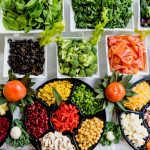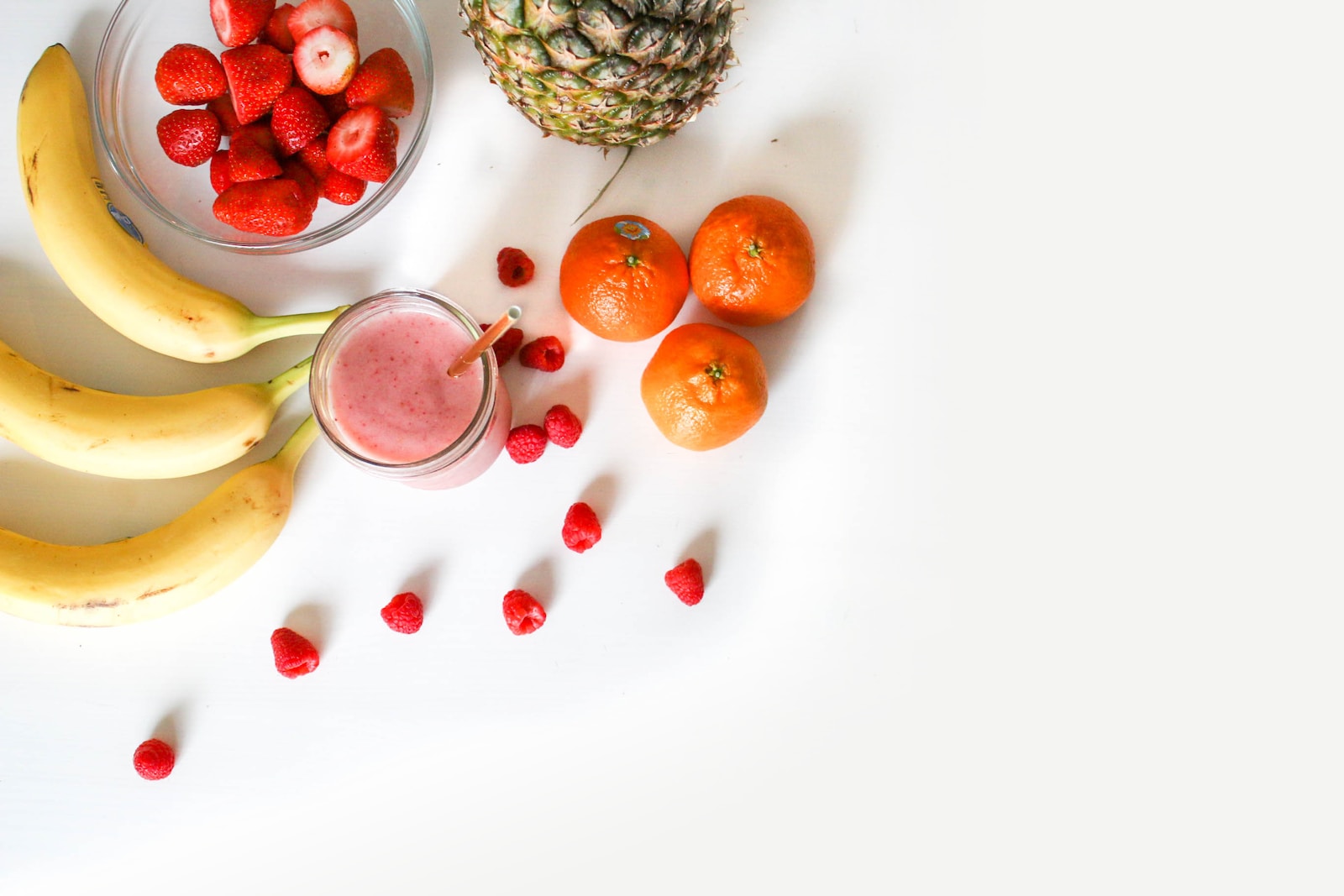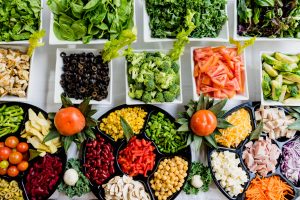This post may contain affiliate links which means I may receive a commission for purchases made through links. I will only recommend products that I have personally used! Learn more on my Private Policy page.
Digestion is a complex and vital process that allows our bodies to extract essential nutrients from the foods we consume. When our digestive system is functioning optimally, we feel better, have more energy, and experience improved overall health. Nutrition plays a significant role in supporting better digestion. In this blog post, we’ll explore how you can nourish your gut with the right foods to promote digestive health.
1. Fiber: Nature’s Broom
Fiber is often called the “unsung hero” of digestive health. It comes in two forms: soluble and insoluble. Soluble fiber, found in foods like oats, legumes, and fruits, absorbs water and forms a gel-like substance in your stomach, slowing down digestion and helping to regulate blood sugar levels. Insoluble fiber, present in whole grains, vegetables, and nuts, adds bulk to your stool, preventing constipation and promoting regular bowel movements.
2. Probiotics: The Good Bacteria
Probiotics are live bacteria and yeasts that are beneficial for your gut health. They can be found in fermented foods such as yogurt, kefir, sauerkraut, kimchi, and kombucha. Probiotics help maintain a balanced gut microbiome, which is essential for proper digestion and a strong immune system. Consider incorporating these probiotic-rich foods into your diet to promote a healthy gut.
3. Prebiotics: Food for Probiotics
Prebiotics are non-digestible fibers found in certain foods like garlic, onions, leeks, asparagus, and bananas. They serve as food for the beneficial bacteria in your gut, helping them thrive and multiply. Combining prebiotic-rich foods with probiotics can create a harmonious environment in your digestive system.
4. Hydration: Lubricating the System
Water is essential for all bodily functions, including digestion. Staying adequately hydrated ensures that your digestive system can efficiently break down food, absorb nutrients, and move waste through your intestines. Aim to drink plenty of water throughout the day to support the digestion process.
5. Ginger and Peppermint: Natural Digestive Aids
Ginger and peppermint are known for their digestive benefits. Ginger helps relax the digestive tract, reducing gas and bloating, while peppermint can soothe indigestion and muscle spasms in the gut. Consider sipping on ginger or peppermint tea after a meal to aid digestion.
6. Lean Proteins: Building Blocks of Digestion
Proteins are essential for tissue repair and growth, but they need to be properly digested for your body to benefit. Opt for lean protein sources like poultry, fish, tofu, and legumes. They are easier on the digestive system compared to heavy, fatty meats.
7. Slow Eating: Mindful Digestion
Eating slowly and mindfully can significantly improve digestion. Chewing your food thoroughly allows your saliva to begin breaking down carbohydrates, making it easier for your stomach to process. Additionally, eating slowly gives your brain time to register that you’re full, reducing the risk of overeating.
8. Whole Foods: Minimize Processed Foods
Processed foods often contain additives, preservatives, and artificial ingredients that can disrupt your digestive system. Opt for whole, natural foods like fruits, vegetables, whole grains, and lean proteins. These foods are nutrient-dense and provide the necessary fiber for healthy digestion.
Before you start nourishing your gut, it is also important to ‘clean’ it. Ask me about C9 and get 10% off.
A well-balanced diet rich in fiber, probiotics, prebiotics, and hydration is the foundation of good digestive health. By incorporating these nutritious foods and habits into your daily routine, you can support better digestion, reduce digestive discomfort, and enjoy improved overall well-being. Remember that everyone’s digestive system is unique, so it may take some experimentation to find the optimal diet that works for you. Listen to your body, and make gradual changes to your diet for long-lasting digestive benefits.













